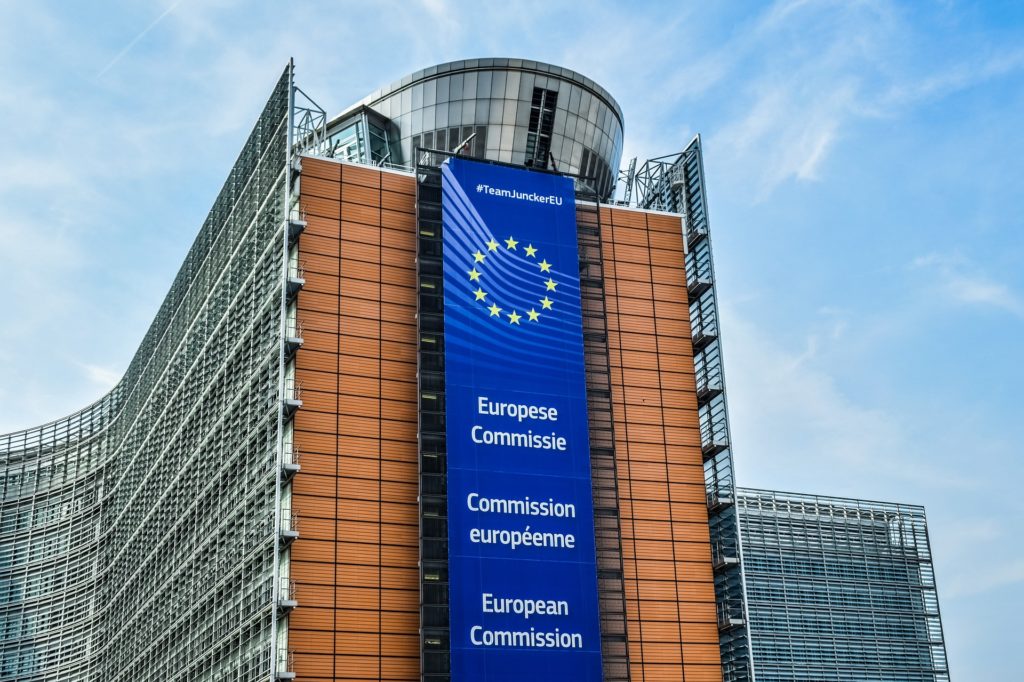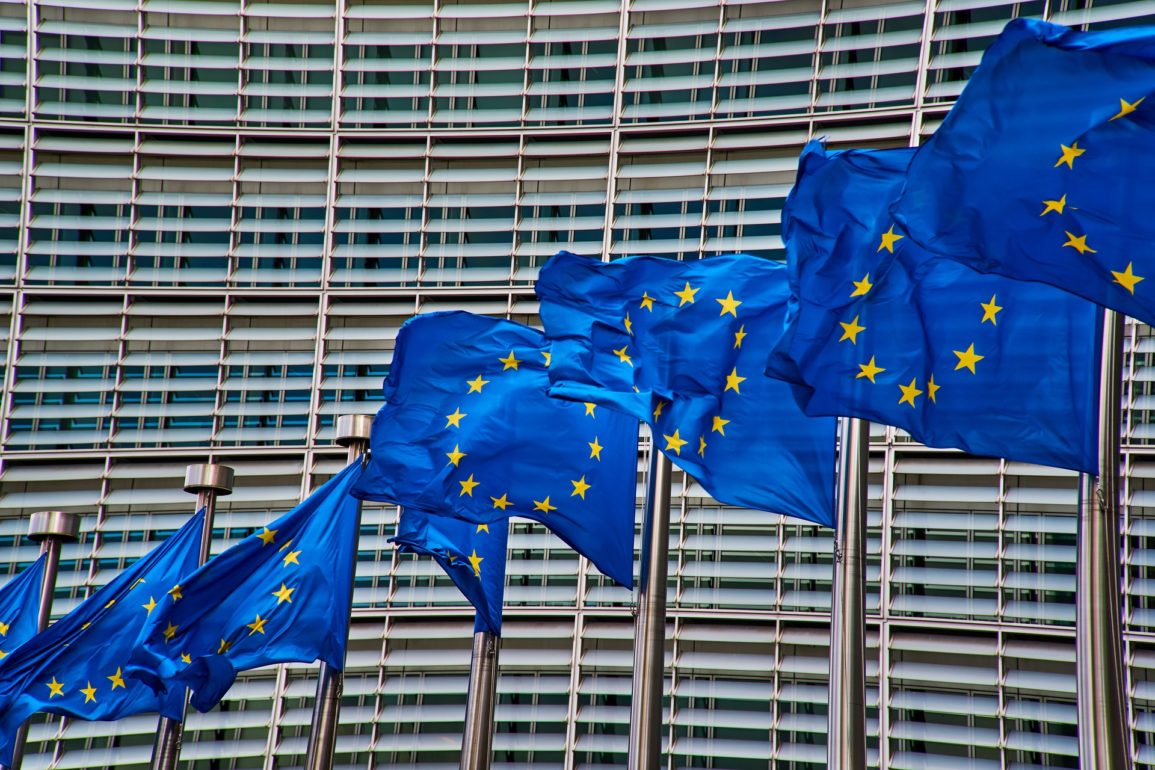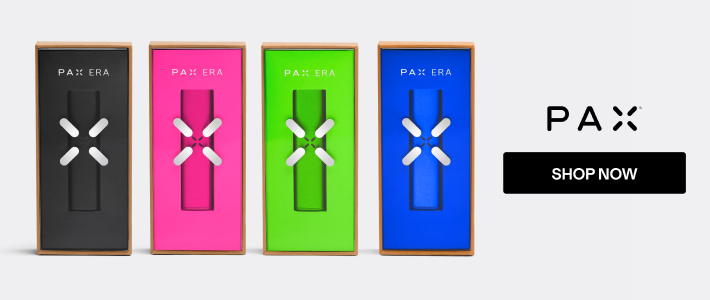TL;DR
- The European Commission has U-turned on its preliminary decision to classify CBD as a narcotic
- Since 2019, CBD has been classed as a “novel food”, goes through a strict pre-authorization process before being marketed and sold
- In July 2020, the Commission stopped reviewing applications for CBD product pre-market authorization as a novel food, questioning whether CBD and other cannabis compounds should be classified as a narcotic
- A narcotic classification would ultimately result in CBD and CBD products being banned across Europe
- This U-turn is a huge victory for the hemp and CBD industry, preventing the market from collapsing and still allowing people access to hemp-derived CBD products
December is a gift that keeps on giving.
On the same day the UN removed cannabis and cannabis resin from its list of most harmful drugs, the European Commission (EC) did what many believed it wouldn’t and U-turned on its preliminary stance to classify cannabidiol (CBD) as a narcotic.
This news also follows the ruling by the European Court of Justice (EJC) for CBD not to be treated as a narcotic and to allow its freedom of movement between all EU member states.
The Commission delivered a statement to the European Industrial Hemp Association (EIHA) early Wednesday morning (2nd December 2020) stating CBD will continue to be treated as a “novel food” and not a narcotic.
In light of the comments received from applicants and of the recent Court’s judgment in case C-663/184, the Commission has reviewed its preliminary assessment and concludes that cannabidiol should not be considered as drug within the meaning of the United Nations Single Convention on Narcotic Drugs of 1961 in so far as it does not have psychotropic effect. As a consequence, cannabidiol can be qualified as food, provided that also the other conditions of Article 2 of Regulation (EC) No178/2002 are met.
Since January 2019, CBD has been listed in the Commission’s Novel Food Catalogue, requiring comprehensive testing and pre-authorization before being marketed and sold as a food product within Europe. Some CBD brands turned their noses up at the process but it still gave the market a layer of protection.
Back in July 2020, the commission suspended 50 applications for CBD products to be included in its Novel Food Catalogue, questioning whether CBD and other compounds from hemp should be governed and regulated under the United Nations (U.N.) Single Convention on Narcotics 1961.
This, of course, cast a whole boat-load of doubt across the entire European CBD and hemp industry. A narcotic classification would ultimately result in CBD and CBD products being banned across Europe.
Now, European hemp-derived CBD producers, suppliers, and manufacturers can take a victory lap with the hemp and CBD flag flying high while breathing huge sighs of relief.
Why is the Commission’s U-turn so important?

The European Commission is powerful and influential
The European Commission is the main executive body of the European Union composed of 27 commissioners, one for every state within the EU. Commissioners don’t represent their own countries per se, but rather the entire EU as a neutral, centralized team, ensuring each member state is abiding by EU law.
The Commission also has the power to draft, propose, review, and initiate new EU legislation and enforce it when it becomes law, cementing itself as one of the most integral parts of the lawmaking process.
All this executive power combined and you have what many argue is the most powerful institution in Europe.
Therefore, any EC ruling carries a lot of weight and its decision not to brand CBD as a narcotic is big news for the CBD industry.
CBD as a narcotic would have been a disaster for the industry
While still in its infancy compared to the US, the European CBD market is growing (and it’s growing fast).
According to New Frontier Data, the EU CBD market could reach a staggering €17.57 billion (USD 20.71 billion) in annual sales by 2025.
Had the EC continued its path towards CBD as a narcotic and placed it in the hands of the Single Convention for Narcotics, the CBD industry would essentially become obsolete.
Heavy restrictions on research, innovation, and cross-border trade, as well as a dramatic drop in sales, would cripple the industry and market in one fell swoop.
CBD as a narcotic would also negatively impact the lives of many EU citizens
With Europe being the second-biggest CBD market in the world, thousands of people across the 27 member states rely heavily on CBD for its supposed health and wellness benefits.
CBD is said to alleviate symptoms of pain (chronic and neurological), inflammation (acute, arthritic), sleep issues (anxiety-related, insomnia), and anxiety disorders (PTSD, generalized anxiety, social anxiety), as well as skin complaints and muscle and joint issues via topical application.
Having this taken away from users would diminish their quality of life with no other option but to seek out black market options at extortionate prices. The issue with creating a CBD black market is safety (or lack thereof) and the possibility of being sold harmful and borderline dangerous counterfeit products.
Speaking with New Food Magazine, Dr Parveen Bhatarah, who is a director senior member of The Centre for Medicinal Cannabis UK, believed keeping CBD as a novel food “forces the industry to generate date to verify the safety of CBD in humans”
Stringent product safety standards, as well as proper data and research, should always be the biggest priority in any CBD industry across the globe.
Without it, who knows what customers may end up consuming.
How industry organizations responded
The fear of a crippled hemp and CBD industry sent shockwaves through Europe.
France’s Syndicat Professionnel du Chanvre (SPC) and three other major industry organizations released a statement warning the Commission of the impact a narcotic tag would have on the future of CBD.
Making CBD a narcotic will promote synthetic CBD consumption, restrict CBD of natural origin to Pharma and kill potential for job creation in the hemp sector.
We would like to remind you that at physiological doses, the extracts derived from industrial hemp, which are currently being sold in the EU as a food supplements, have no psychotropic effects and are well-tolerated by humans.
The statement ends with a rallying cry to the French government to “defend our industry and take a stand for consumers”.
Similarly, the European Industrial Hemp Association vehemently pushed-back, recruiting other hemp organizations to collectively protest the Commission’s move to class CBD as a dangerous narcotic.
According to Forbes, a protest letter was sent to EU’s commissioner for health and food safety Stella Kyriakides and European Parliament members were asked to sign another.
This, alone, shows the strength of the European hemp and CBD industry. The voices were heard and a bigger, better, and brighter future is on the horizon.


